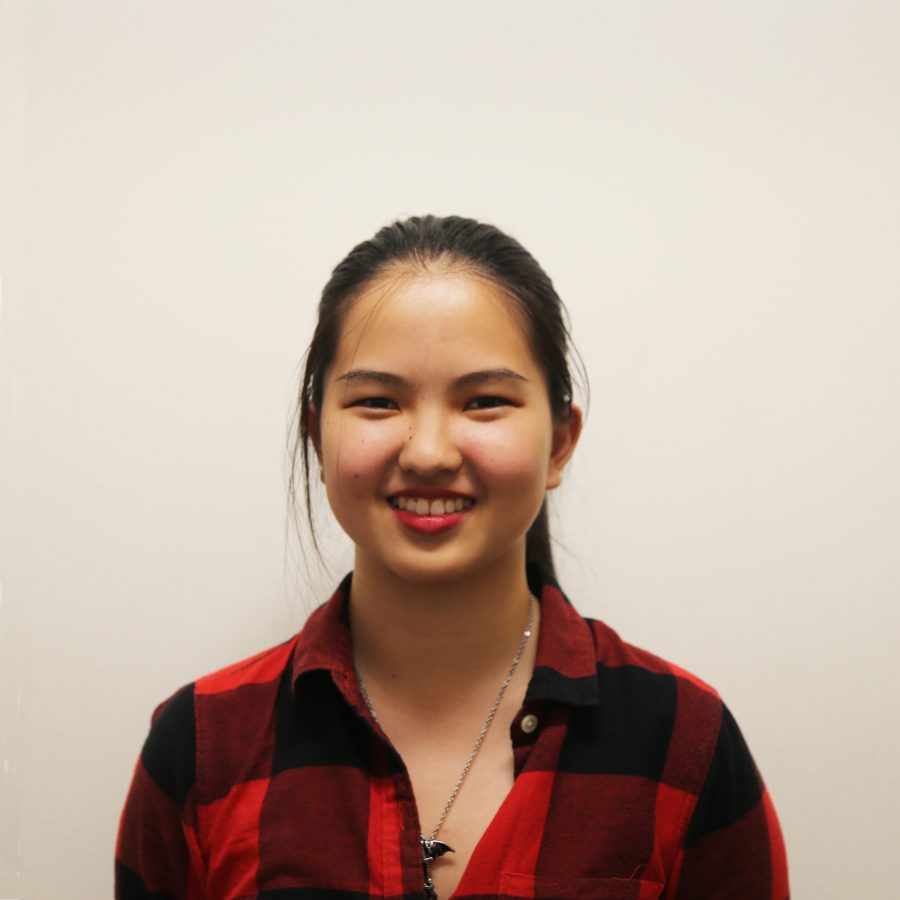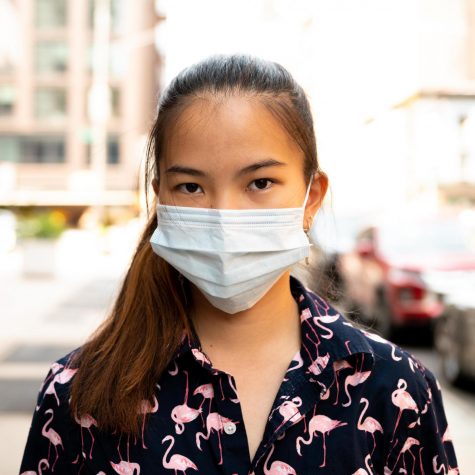It’s the eternal struggle of trying to read The New York Times online. One article, three articles, five articles, then you hit a paywall, prompting you to buy a subscription to read further. As of 2018, this is the case for 78% of U.S. media, including The Times, The Wall Street Journal and The Washington Post. For organizations whose purpose is to inform the public, this elitist gatekeeping of information can have consequences. Paywalls hinder the accessibility of journalism and the ability of the public to stay informed.
James Hamilton, Professor of Communications at Stanford University noticed during research that prominent media organizations do not serve lower-income consumers — they target an affluent white audience. Sarah Alvarez, a senior producer for State of Opportunity — which focuses on how poverty shapes the lives of local families — notes that for-profit news organizations’ coverage is mostly “aimed at people with a ton of economic resources.” Lower-income individuals consume media at comparable rates with higher-income individuals, yet objective journalism remains inaccessible.
When prominent media organizations hide their content behind paywalls, it obstructs lower-income people who can’t consistently afford to subscribe.The Times of London adopted a hard digital paywall in 2010. The Guardian then welcomed the four million lost readers from the Times, citing a “belief in open internet.” Buzzfeed’s Jonah Peretti argued that paywalls “don’t support the broad public,” where while paywalls may serve as a business model, they encourage good journalism to be limited to the elite. Students also need credible sources to be responsible about the information we consume and the arguments we write, hopefully without needing to be frustratingly conscious of how many free articles we have left to use.
Paywalls might be necessary for small media companies that need the money to sustain their content and staff. But mega corporations such as the Washington Post, which is owned by Amazon CEO Jeff Bezos — with a net worth of $108.4 billion — can definitely do without them. As of June 2019, The New York Times is worth over $5.6 billion, and Mark Thompson, the CEO of The New York Times Company, is worth at least $23 million. Yet both the Times and the Post, which arguably set the standard for the rest of the industry, have paywalls. The profiteering mindset of the corporate side of journalism has been demonstrated by the thousands of layoffs in recent years. News sites track our IP addresses to make sure we can’t cheat them for more free articles — because someone looking for information will definitely make a serious dent in billions of dollars of company profits if they read more than five free online articles a month.
The paywall business model is profitable, but news organizations have a responsibility to the public they’re meant to inform. To be active and informed participants of the world, we need to be able to consume information consistently and openly. Financial status should not be the gate that keeps people from receiving information. People of lower income have no less of a right to be informed than people of higher income. Mega media corporations led by billionaires can afford to prioritize their readers, and their powerful owners need to take responsibility for their vital part in the dissemination of information for the general public. Let journalism exist for its original purpose: to inform the public of what’s important, not for lining the pockets of the rich.
Opinions expressed on the editorial pages are not necessarily those of WSN, and our publication of opinions is not an endorsement of them.
A version of this article appeared in the Monday, Oct. 7, 2019 print edition. Email Alexandra Chan at [email protected].
























































































































































